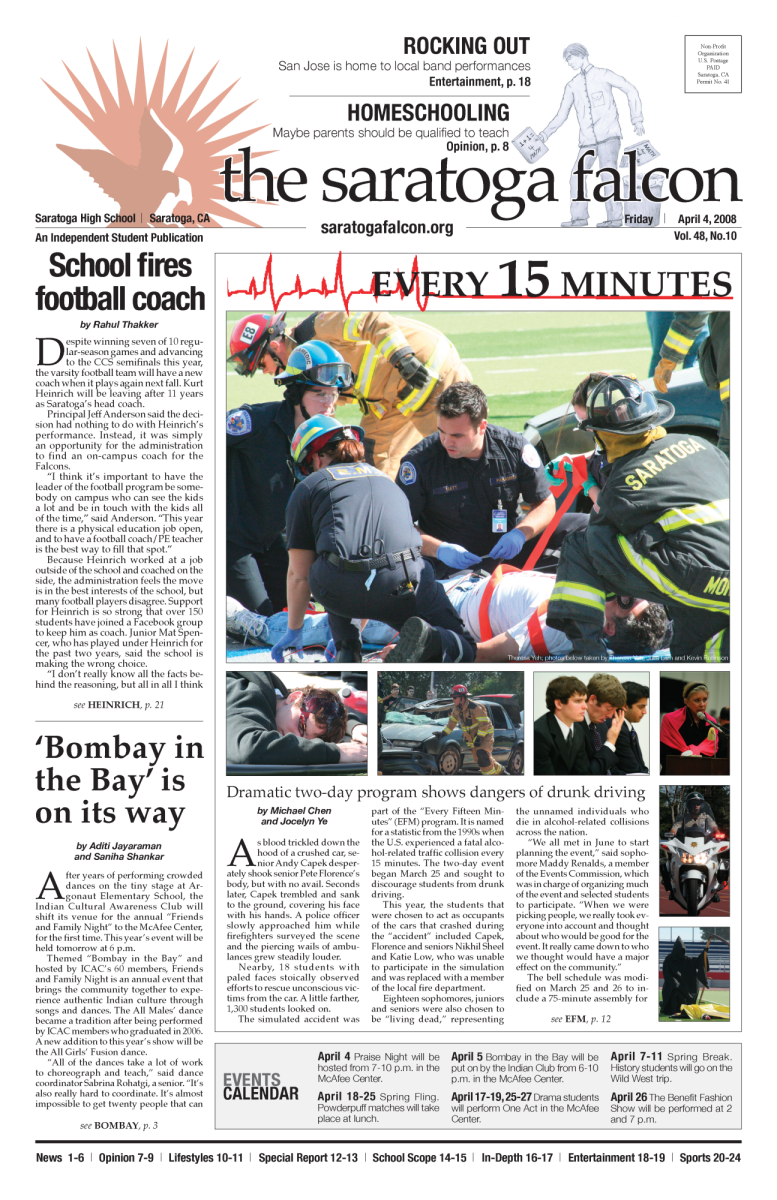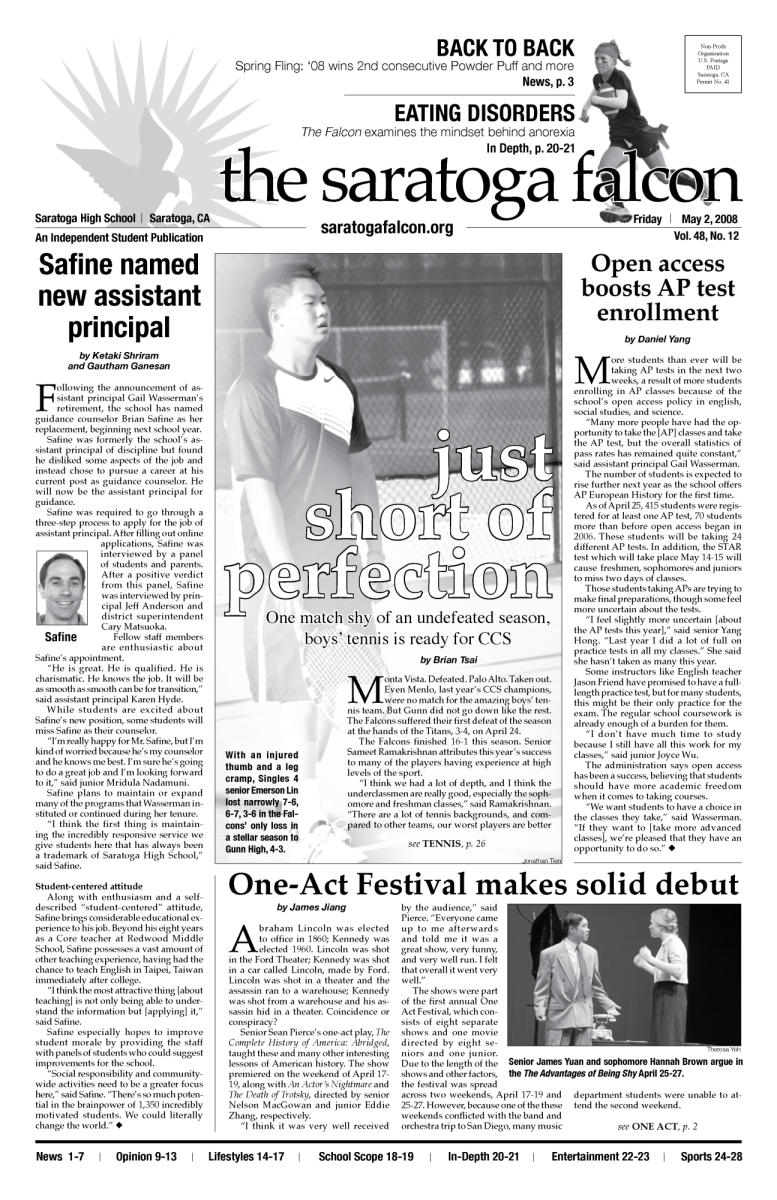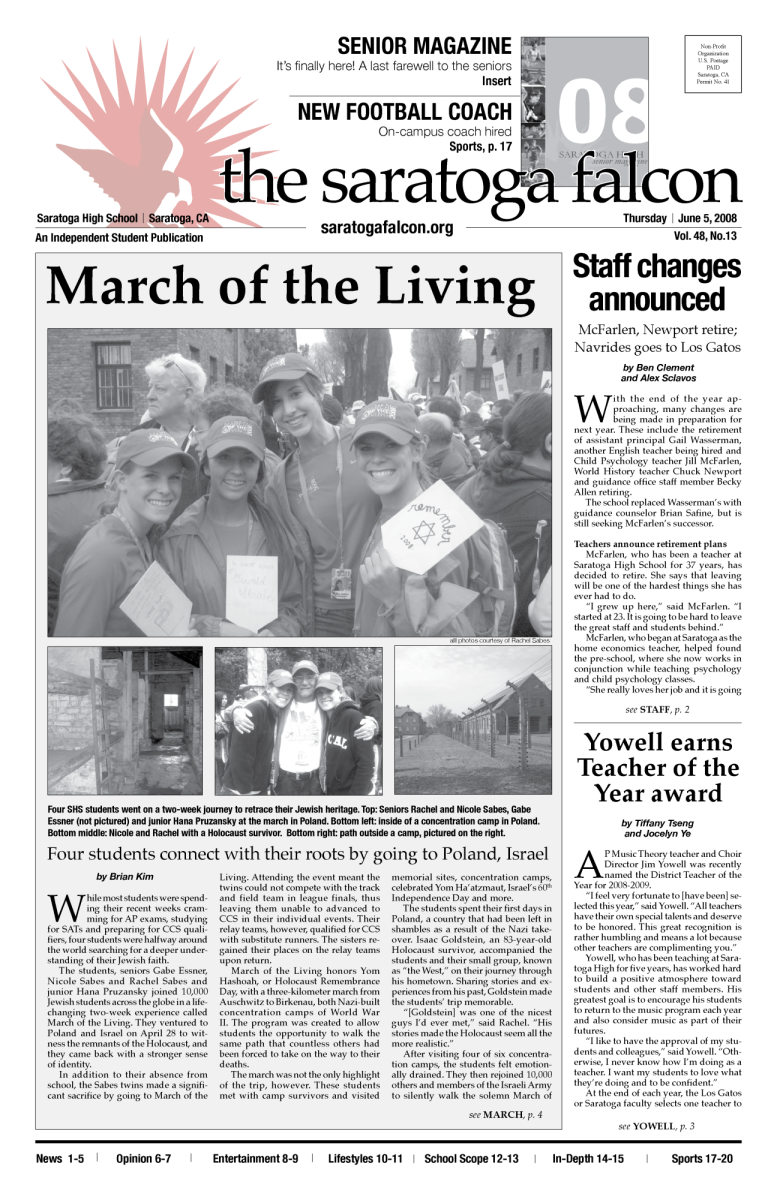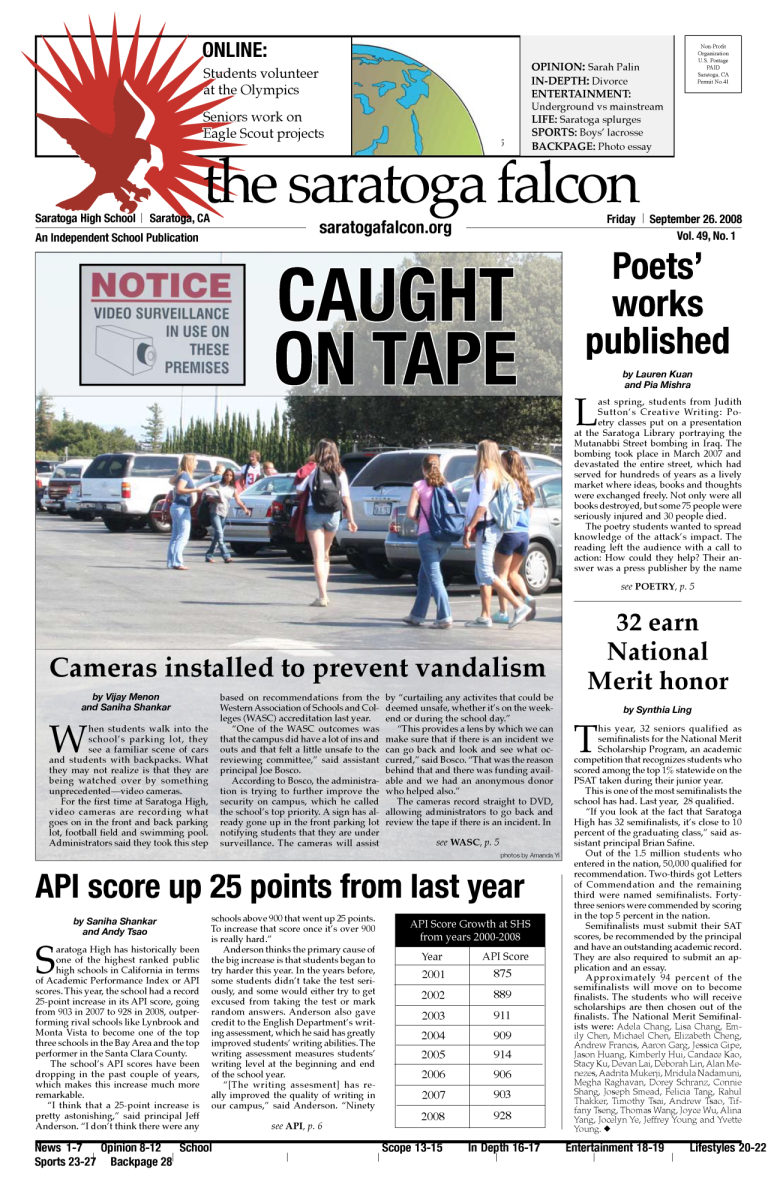Dressed in a traditional red vest and white kurta, Varun Viswanath, then 11 years old, passionately tapped away on the mridangam, an Indian drum. He was in Chennai, India: the stage of his debut concert. As a wave of nervousness rushed over him, he looked out to the audience and was greeted by the friendly faces of the numerous members of his immediate and extended family — all have come to support Viswanath’s passion for the mridangam.
The mridangam is an Indian instrument that is made of different woods and leathers, such as jackfruit wood and goatskin leather, and is played on both sides. It is very uncommon in the United States; in fact, the sophomore has to go to India to get it repaired.
“The repair shop is in an isolated area; you can’t find any repair shops here,” Viswanath said. “I had to go to India four years ago when the flood was going on, [and] we had to carry five [mridangams] through the rain.”
Viswanath started playing the mridangam at age 5. He takes weekly lessons and practices for about an hour-and-a-half on most days.
Viswanath has long had a clear sense of rhythm. He would walk around his house treating every other household object as a drum he could play, driving his parents crazy until they finally enrolled him in mridangam lessons.
According to Viswanath, musical talent runs in his family. Many of his relatives also play the mridangam. His mother plays the veena, an Indian classical string instrument.
By playing the mridangam, Viswanath said he has grown closer to his family. His older brother used to watch him practice, and his family attends all of his performances and encourages him.
During most performances, Viswanath’s playing accompanies a singer and violinist. Because of the freestyle nature of the instrument, Viswanath said that there is not much room for error, as he has to create music on the spot. Viswanath practices the techniques of the strokes and methods for playing, but since there is no sheet music, he does not know exactly what he will play when he walks on stage.
“Once you progress in the ‘journey of learning,’ as my teacher says, you honestly know where [it sounds good] to play,” Viswanath said. “It’s learning through experience.”
Viswanath also said that the instrument helps to connect him with his Indian community. By performing in local temples and performances, Vishwanath has met many people who share his Indian culture.
Although playing the mridangam requires dedication and extreme concentration, Viswanath said that he wants to continue playing for the rest of his life.
“I get to be more creative with what I do, and it just opens up my head,” Viswanath said. “To me, it’s like playing a video game, or playing sports, [because] you get to express your creativity, like in all music.”
https://www.youtube.com/watch?v=nuvp3yT2iEA



























